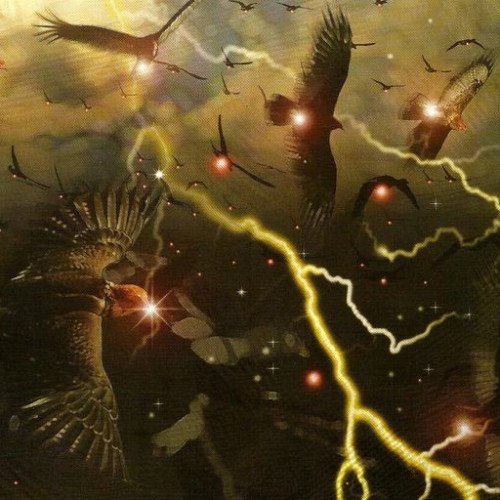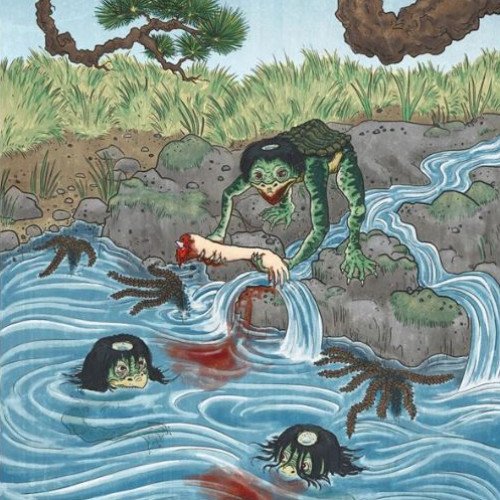Ababil (mythology) VS Kappa (folklore)

Ababil (mythology)
Ababil (Arabic: أبابيل, romanized: abābīl) means a flock of birds. It refers to the miraculous birds in Islamic belief mentioned in Sura 105 of the Quran that protected the Kaaba in Mecca from the Aksumite elephant army of Abraha, then self-styled governor of Himyar, by dropping small clay stones on them as they approached. In the translation of sahih international, the phrase "tayran abābīl(a)"(طَيْرًا أَبَابِيلَ) is translated as "Birds in flocks" that is mentioned in the verse 105:3. The event is said to have occurred in 570, the year that the Islamic prophet Muhammad was born.
Statistics for this Xoptio

Kappa (folklore)
A kappa (河童, river-child)—also known as kawatarō (川太郎, "river-boy"), komahiki (駒引, horse-puller), kawatora (川虎, river-tiger) or suiko (水虎, water-tiger)–is an amphibious yōkai demon or imp found in traditional Japanese folklore. They are typically depicted as green, human-like beings with webbed hands and feet and a turtle-like carapace on their backs. A depression on its head, called its "dish" (sara), retains water, and if this is damaged or its liquid is lost (either through spilling or drying up), the kappa is severely weakened. The kappa are known to favor cucumbers and love to engage in sumo wrestling. They are often accused of assaulting humans in water and removing a mythical organ called the shirikodama from their victim's anus.